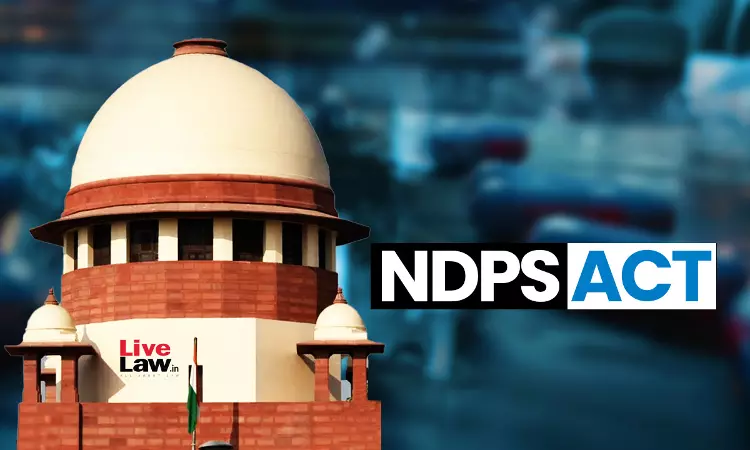The Supreme Court has observed that the intent behind Section 50 of the Narcotic Drugs and Psychotropic Substances Act, 1985 is to inform a suspect who is about to be searched of the right to be taken to a Gazetted Officer who is not part of the raid team."It is obvious that the intent behind the provision is to ensure that the person about to be searched is made aware of the option to be...

